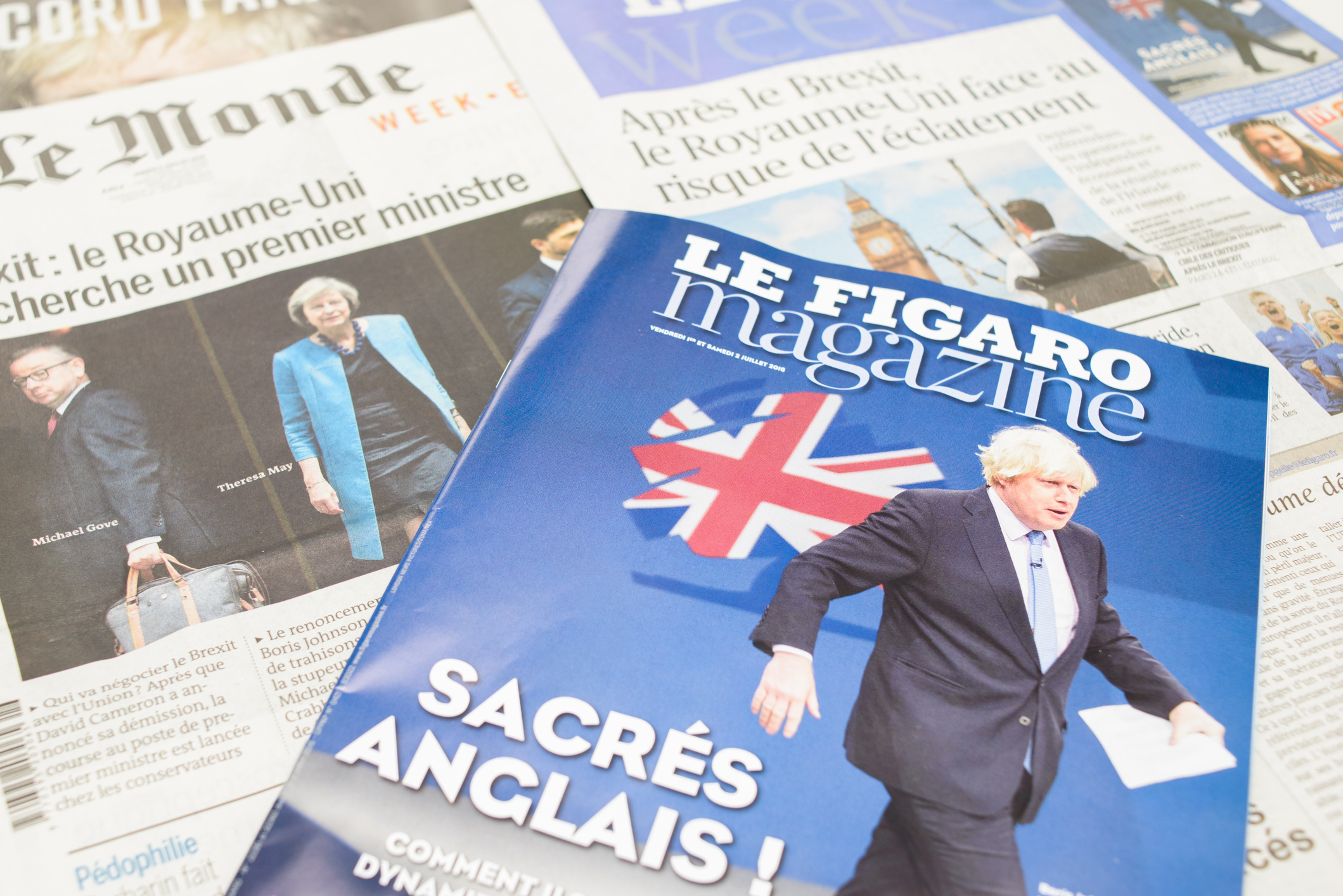Much of the work of the UK Parliament happens in committees, which are specialist sub-groups with around 10-50 members. They examine issues relevant to parliament in more detail than happens in standard parliamentary debate. These issues vary from proposed laws and government policy, to wide topics such as Brexit.
There are several different types of committee. Some committees contain MPs, others Lords, and many contain members from both the House of Lords and the House of Commons. Some committees are effectively permanent – or, in politico jargon, “sessional”, meaning they operate during every session of parliament – while others work to a specific deadline by which time they must complete their work.
Specialised committees have existed in the UK Parliament for 500 years – since the time of the Tudors – but the modern system of committees was established during the mid-1960s under Richard Crossman, and later in 1979 following recommendations from the Procedure Select Committee. Committees’ membership and operation are cross-party, meaning committees can have members from two or more political parties. Committees, therefore, operate quite differently to standard parliamentary debate, which usually involves highly partisan debate between the government and the opposition.
Wednesday’s parliamentary mishap concerned the Intelligence and Security Committee of Parliament, which is a statutory committee that oversees the operations and policy of the UK’s security and intelligence agencies. Due to the sensitive nature of these topics, the committee’s members are bound by the Official Secrets Act and its meetings are conducted in secret. Due to the nature of the committee and its remit, it operates independently of the government, and this independence is vital to its functioning. This particular committee is viewed as unique, as it reports to the Prime Minister directly rather than to the UK Parliament. Its membership comprises parliamentarians from all parties, initially nominated by the Prime Minister. The Chair of the Intelligence and Security Committee is elected by its members.
So What Has Happened, Exactly?
It appears that Prime Minister Boris Johnson aimed for Conservative MP Chris Grayling to be elected chair of the Intelligence and Security Committee. In an unusual turn of events, rival MP Julian Lewis lobbied MPs from other parties who sit on the committee and ultimately won the vote instead of Grayling. Accusing Lewis of conspiring with other parties against the government, Boris Johnson has withdrawn the Conservative whip from Julian Lewis, rendering him an independent MP.
This isn’t the first time the Chair of the Intelligence and Security Committee has caused controversy. In 2015, its then-chair Malcolm Rifkind had discussions with what he believed were representatives of a Chinese company with the aim of establishing an advisory council. It transpired that these supposed company representatives were actually journalists from Channel 4 News and the Daily Telegraph, who had recorded the discussions. These actions were viewed as constituting a conflict of interest, as he seemed to be providing access to the inner workings of the UK government to foreign companies for a financial fee The Conservative whip was withdrawn from Rifkind and he ultimately resigned from the Committee.
Understood. But Why Is This Important?
This particular scandal comes at an important time for the Intelligence and Security Committee, which is due to release a report into Russian interference in British politics in the coming year. Some Labour politicians expressed concern that the Prime Minister’s apparent attempt to influence the committee chair selection may have been motivated by this upcoming event, undermining the independence of the committee’s work. Shadow Foreign Secretary Lisa Nandy Tweeted on the firing of Lewis that it is a “Completely self-defeating act that bears the hallmark of a government so arrogant it really believes it is above scrutiny”, adding “what is in the Russia report that Johnson doesn’t want to see the light of day?” A day after Julian Lewis was expelled from the Conservative Party, the Intelligence and Security Committee members voted unanimously to release the Russia report’s findings.
Johnson’s actions are in-line with an emerging pattern of parliamentary management that could be viewed as his intolerance of Conservative dissent and rebellion: in 2019, he also fired a number of MPs for voting against the Conservative whip on the Brexit Withdrawal Bill. Usually, removal of the whip would only occur in far more extreme circumstances. Speaking to BBC Newsnight, former Intelligence and Security Committee Chair Dominic Grieve commented that “what troubles me about this episode…is the mindset it gives about what on earth is going on in Downing Street. Why did they try and manipulate this process?”
Whether this parliamentary management style will backfire on Johnson remains to be seen, but it is possible there could be disquiet on Johnson’s backbenches if he is viewed by lay Conservative MPs as trying to influence an independent committee. Add Johnson’s falling approval ratings into the mix, and this may prove a difficult period for the Prime Minister.
